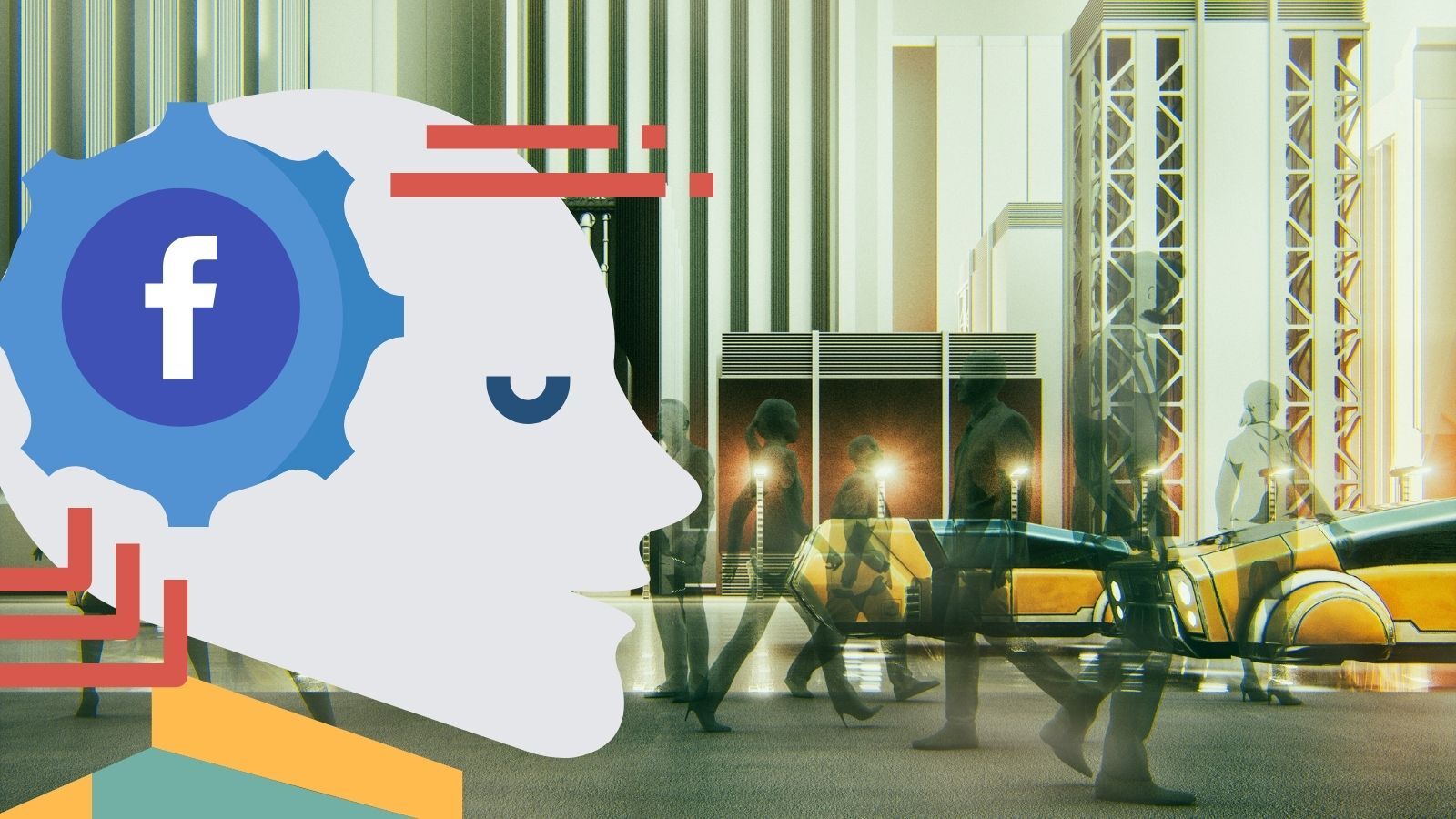 Facebook is either doing awfully or it’s performing really well in the eyes of the world. But it’s what the social network gets up to behind closed doors that are worth keeping an eye on — because the company is cooking up some seriously scary tech in there.
Facebook is either doing awfully or it’s performing really well in the eyes of the world. But it’s what the social network gets up to behind closed doors that are worth keeping an eye on — because the company is cooking up some seriously scary tech in there.
Perhaps the scariest bit about it is just how unaware Facebook appears to be of the potential of its technologies. The company recently announced its new Ego4D project, which hopes to one day teach artificial intelligence systems to see. This isn’t unusual for the company — they’re already using machine learning to teach robots how to navigate homes — but this particular implementation is especially creepy.
Facebook’s future source of funding
See, it’s not that the social network is trying to teach an AI to see. It’s why the social network is trying to teach its AI to see. The end goal is to teach the AI to “…understand and interact with the world like we do, from a first-person perspective,” specifically so they can implement various technologies that have uses when using VR and AR headsets.
See, Facebook hopes to enable its AI system with what it calls episodic memory, forecasting, audio-visual diarisation, social interaction, and hand/object manipulation skills. In order, it could use this information to: let you know where you (and it) last saw a particular item, predict what you should do next, remind you what was said in a previous conversation or interaction, enhance audio during an ongoing conversation, or even teach you a new skill — all though an AR headset (that Facebook will presumably want to sell you as well).
Perhaps predictably, actually achieving the goals outlined in its Ego4D project will also give Facebook a massive source of new user information to sift through. Its systems will have to recognise what you’re doing, handling, surrounded by, and who you’re interacting with at all times in order to supply what it intends to its users.
There are massive privacy implications, that only really go away if everybody is wearing a FaceBook AR Social Interaction Enhancer™. It won’t just be your life being recorded, but that of everyone around you — and unless they’re also rocking some Facebook headwear, they haven’t consented to be part of this data-gathering exercise.
Of course, the Ego4D system is still a fair way out. At the moment the social network is working with a consortium of thirteen labs and universities across nine countries to analyse more than 3,200 hours of video data gathered from more than 850 participants — an experiment that we can’t help imagine taking place in an Aperture Science Enrichment Centre — in the hopes of getting it to do anything even close to ambitious as the tasks outlined above. At the moment, this sort of recognition just isn’t possible.
But attempt it Facebook will. And it’s clear that the company hasn’t given much thought to the privacy implications. A company representative, speaking to The Verge, said that “We expect that to the extent companies use this dataset and benchmark to develop commercial applications, they will develop safeguards for such applications.”
“For example, before AR glasses can enhance someone’s voice, there could be a protocol in place that they follow to ask someone else’s glasses for permission, or they could limit the range of the device so it can only pick up sounds from the people with whom I am already having a conversation or who are in my immediate vicinity.”
This suggests that safeguards aren’t being developed alongside Ego4D, meaning the social network will make its privacy-invading tech first and figure out how to safely use it afterwards. The major assumption seems to be that everyone will be using AR glasses at this point, so there won’t be much of an issue for them to address. This short-sightedness is… about what we’d expect from Facebook, actually.



